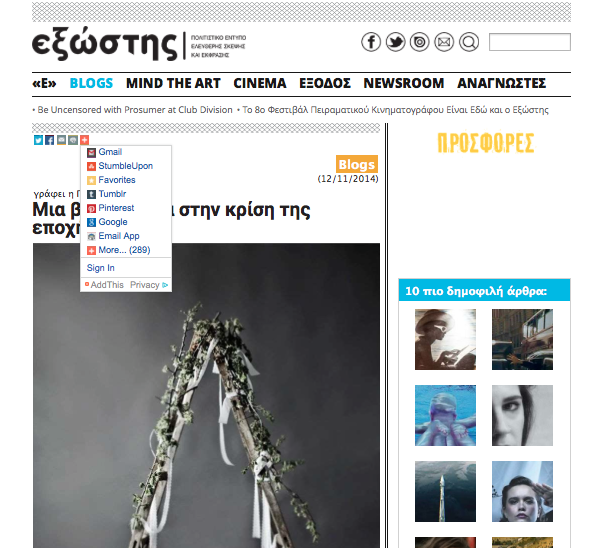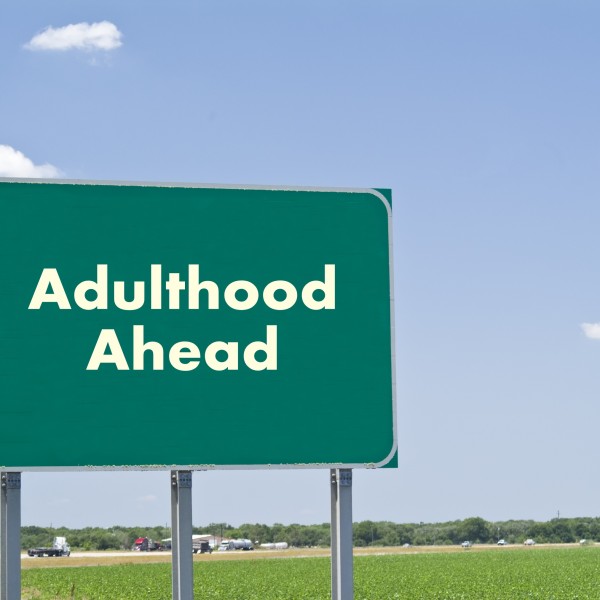Πείραμα. Πολυχώρος.

The “Greek German Civil Society Initiative” in the 4th Greek German Assembly (DGV IV) in Nuremberg
On the 24th of October 2013, the 4th Greek German Assembly (DGV IV) in Nuremberg concluded with great success.
The number of representatives from Local Authorities, Regional Offices, Private Sector, Civil Society and other institutions as well as Central Government from both countries exceeded 400 participants. During excursions and workshops on issues like local governance, use of renewable energy, immigration and integration, agriculture, labor market, water management as well as during coffee and lunch breaks and events, participants established contacts, established partnerships developed and trust was built up.
Thanks to the Heinrich Boell Institute of Thessaloniki as well as the municipalities of Kalavryta, Almyrou and Aharnes and the Development Agency of the Municipality of Thessaloniki, representatives of the Greek Civil Society had the chance to participate in the DGV IV. They were able to meet with representatives of the German Civil Society and together aimed at emphasizing the importance of the participation of Civil Society in the Greek German dialogue and local development.
GGCS contributed to the coordination of the participants from the Civil Society to ensure at least one representative to attend each workshop/excursion/discussion.
Before the presentation of the conclusions of DGV IV, GGCS organized a condensed yet essential panel “The roles of the citizens”, during the session ‘Best Practices’.
Civil Society and local authorities’ representatives presented best practices from the Greek German collaboration. Gabriela Scheiner, member of GGCS, moderated the panel. She asked the representatives to speak from the audience, thus underlining their role as individual voices coming from the Civil Society.
Babis Papaioannou, member of GGCS, presented the Greek German Civil Society Initiative since its launching, last November with the 1st GGCS Meeting in Thessaloniki that was held parallel with the DGV III.
Kathrin Wegehaupt informed about an ongoing exchange program between her organization, Kulturkabinett, Stuttgart, and Peirama NGO, Thessaloniki, the “Poetry Slam Mentoring Academy” among many other common projects that have been launched between Greek and German Civil Society Organisations.
Thomas Fettback, former Mayor of Biberach for 18 years, resumed how his coming to Thessaloniki in the context of the know-how transfer between Greek and German mayors, spurred a series of events that established collaboration between SIWA Tours, a campers specialized tour agency in Germany, and SEEK Cooperative to set up a campers route in Northern Greece.
Christina Pertsinidi, member of GGCS, Peirama NGO and SEEK Cooperative outlined the main aims of the social cooperative SEEK and their means of implementation.
Chrysanthos Vlamis, from Heinrich Boell Institute, Thessaloniki, presented the newly launched site www.symmetoxi.eu, that aims to enhance and facilitate the public participation of the citizens.
Vasilis Taktikos presented the Panhellenic Observatory for Civil Society Organsations and its current development and the importance of social economy for economic development in Greece.
Leonidas Makris, Consultant of the Mayor of Thessaloniki, announced the establishment of the Civil Society Coordination Office.
Mr Boutaris, Mayor of Thessaloniki emphasized the importance of Civil Society for the recovery of Greece’s economy and social development.
It is important to mention that Civil Society, Social Economy and strong participation of citizens is part of the Greek German Assembly’s policy paper which was signed during the Conclusion session of the 4th Greek German Assembly.













